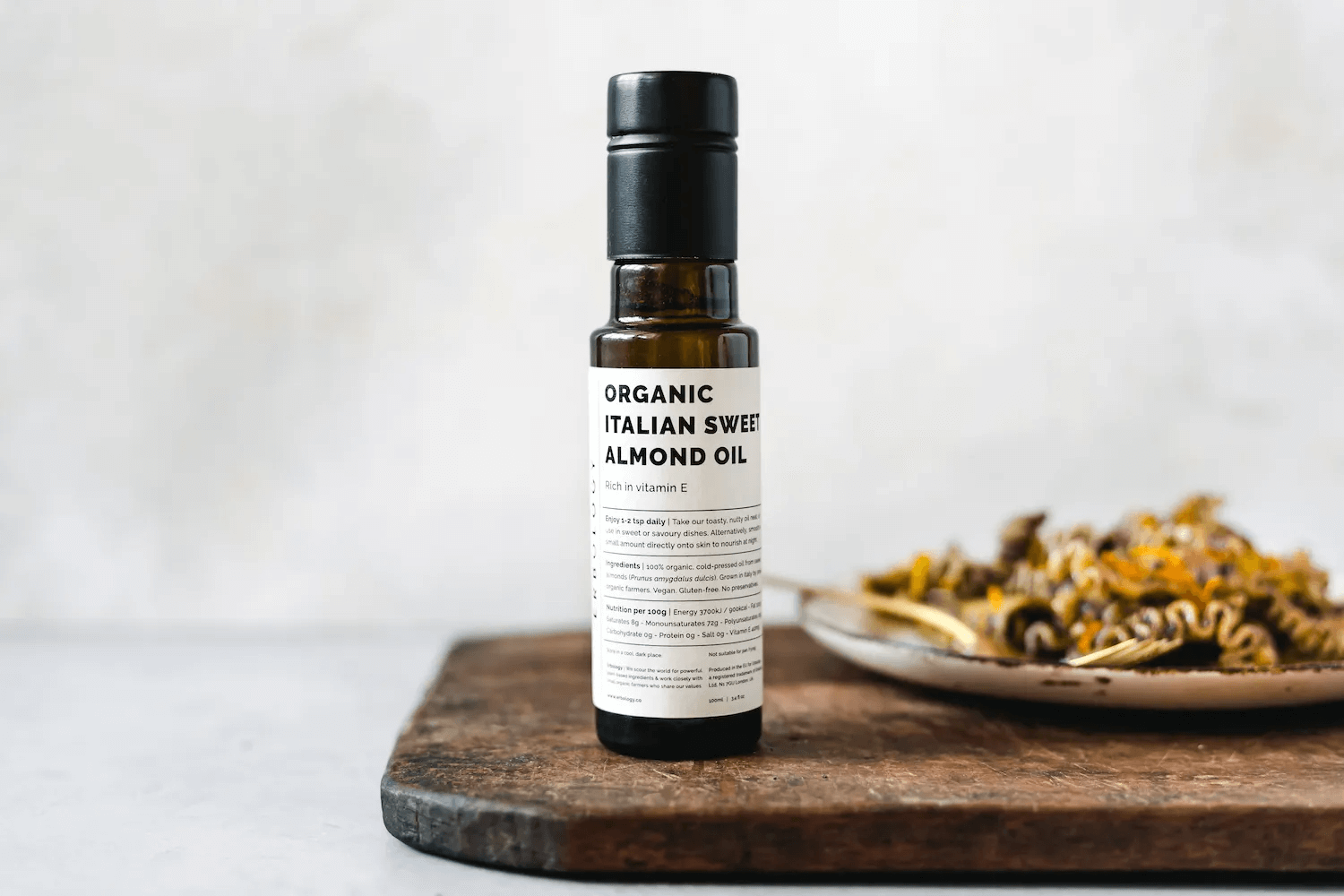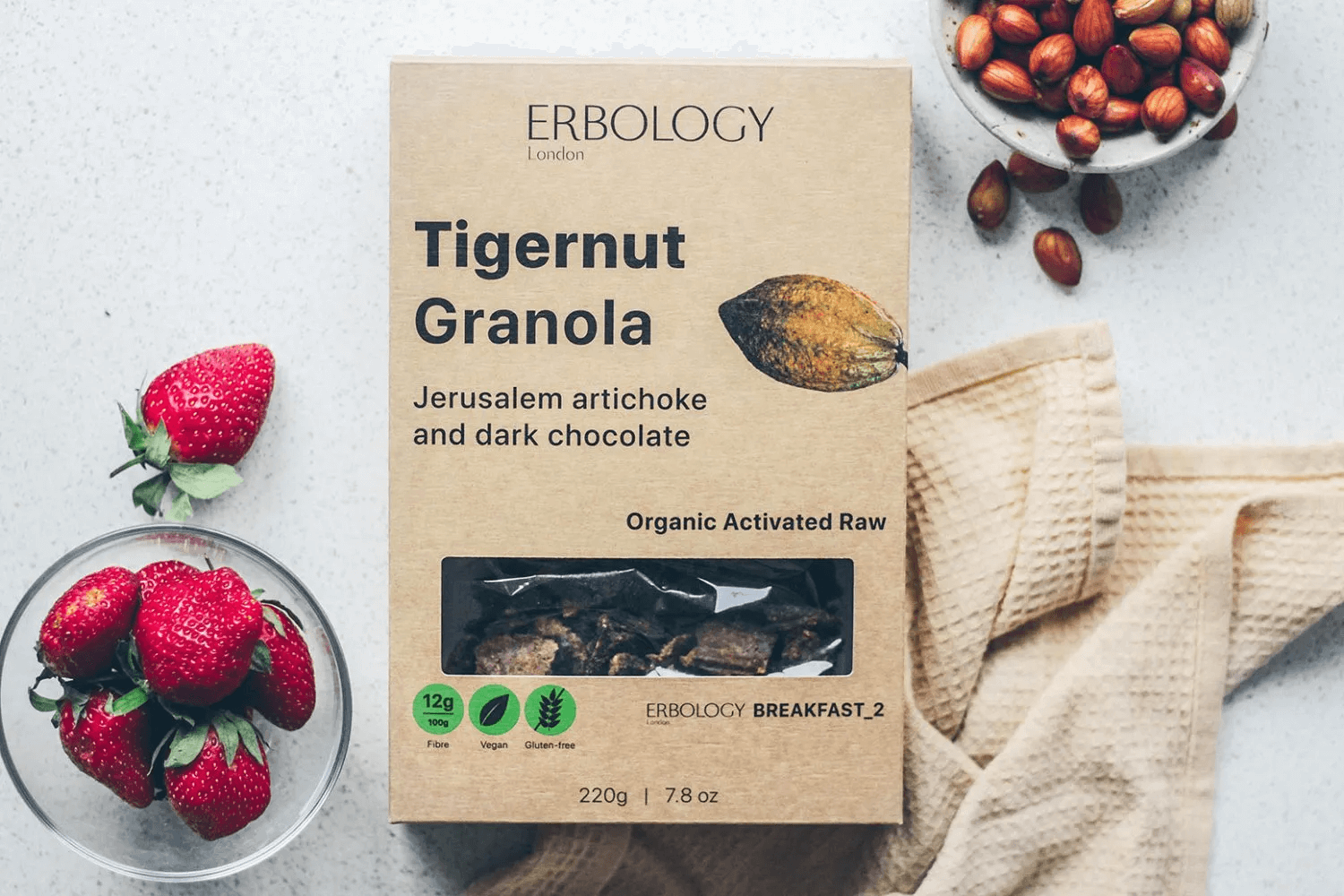15 Feb 2022
Introducing our in-house nutritionist, Bianca Barbi!
Quick fire facts
Name: Bianca Barbi
Occupation: Erbology Resident Nutritionist
Qualifications: Bachelors degree in Science from the University of New South Wales, Masters in Nutrition and Dietetics from the University of Sydney
Loves: Food (of course!), exploring new cities by foot, and learning about other cultures
A love of food… born in Italy
Bianca has always had a love of food, a passion which she attributes to her upbringing. Based in Sydney, Australia, her Italian family put food at the heart of their home.
“Nutrition has pretty much been a part of my life since before I was even born,” laughs Bianca. “Growing up in an Italian family, food was always a big part of my life and from a young age I appreciated the healthy Mediterranean food we ate.
“On top of that, my grandfather was a doctor who specialised in dietetics. So, he definitely passed down a lot of wisdom to my mum, who then passed it on to me.”
However, it took a while before Bianca realised she wanted to dedicate her career to diet and nutrition. Ironically, because food had always been such a big part of her life, she considered it more of a facet of her personality and heritage than a career option.
Luckily for us, that was about to change…
![]()
From psychology to nutrition
“After school, I completed a Bachelor of Science and majored in psychology,” she tells us. “It’s something I was - and still am - very interested in.
“As part of my degree I took classes in biology, biochemistry, physiology and chemistry because I wanted to keep my options open further down the track for postgrad.”
But after Bianca finished her degree, she had a tough choice to make: continue with her training as a psychologist, or explore other options.
“I just had a gut feeling that nutrition was the right path for me,” she smiles. “I had all the prerequisites already, so I enrolled into a Masters of Nutrition and Dietetics at the University of Sydney. I’ve never looked back!”
After university, it was off to a company in Milan which provided consulting services for the food and beverage industry. However, it was in her next role that Bianca discovered one of her passions in the field of nutrition.
Working with children
“Later on, I moved into the field of medical nutrition, specialising in paediatric health,” she explains. “One of the things I enjoyed most was providing education on the medical profiles of the customers that children who could benefit from our products.
“For example, we had special medical nutrition products for children with faltering growth, and it was fascinating to learn about the background and causes behind the condition.
“Even more rewarding was seeing what a positive impact nutrition had on the customers and patients. Hearing success stories, or even just small improvements in the quality of life of a person, is what motivated me.”
Whether it’s working with children or adults, seeing her clients making positive changes is one of Bianca’s favourite parts about being a nutritionist.
“It’s so motivating when someone tells you their goals and is committed to making a change. It’s almost as if you live vicariously through them and feel proud of what they end up achieving.
“Like a proud parent watching their child win their high school football game!”
The gut-brain axis
Considering that she is a nutritionist with a background in psychology, it will come as no surprise that one of Bianca’s other passions is the relationship between the gut and the brain!
This relationship is sometimes called the ‘gut-brain axis’, and the field of research is called nutritional psychology.
“It’s mind-blowing to see just how interconnected the gut and brain can be,” says Bianca. “Understanding how the food we eat affects how we feel can open up a whole window of opportunity for people to make significant changes to their wellbeing, both mental and physical.”
If you’re interested in the gut-brain axis, Bianca highly rates the work of Dr Drew Ramsay. The founder of the Brain Food Clinic in New York, his work is focused on optimising mental health through diet and incorporating evidence-based nutrition into psychiatric treatment.
“Knowing that depression is a leading cause of disability worldwide and majorly contributes to the global burden of disease, it makes you think how important prevention and treatment is,” Bianca says. “It should be a collective effort led by all health professionals - from psychologists to dietitians - in order to fight it.”
Related reading
undefined

Organic Italian Almond Oil

Organic Rose Water

Raw Dark Chocolate - Prebiotic Tigernut Granola

Organic Italian Almond Oil

Organic Rose Water
